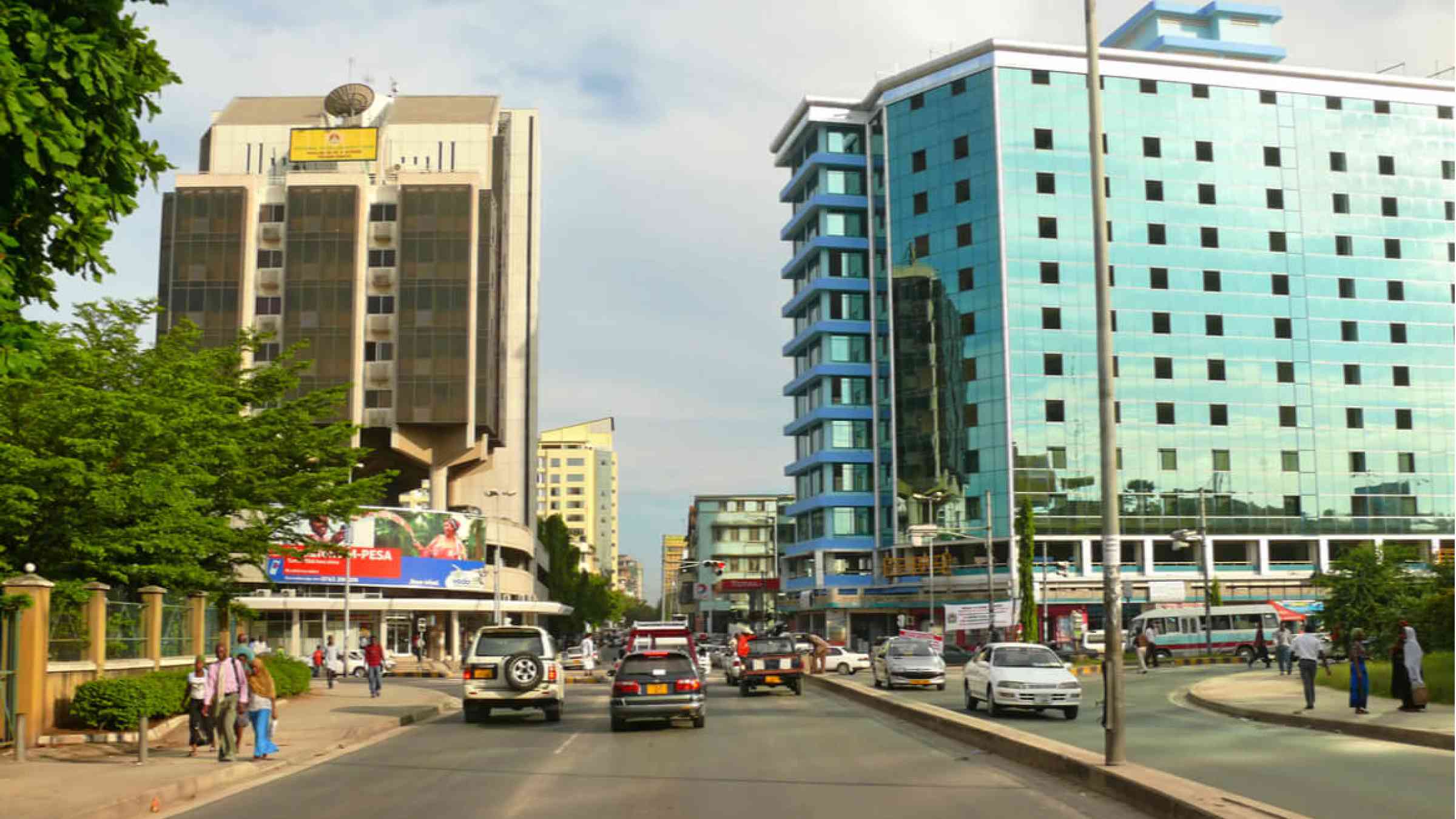Survey sheds light on how Caribbean, African firms are coping with natural hazards

When private companies are affected by disasters, the impacts are felt by the whole society. It affects access to goods and services for people and other businesses, as well as jobs and recovery for afflicted communities. Businesses can be affected directly, by having their assets damaged, and indirectly when supply chains and infrastructure access are disrupted. However, the lack of data on how businesses experience and cope with shocks has made it difficult for governments to assess economic losses after a disaster, and to identify and prioritize actions.
To address this gap, The Resilience Firm Survey (RFS) was developed. It is a survey instrument that explores the impacts of natural hazards on firms and the infrastructure services they rely on. So far, the RFS was applied in 13 countries in the Caribbean, focusing on the tourism sector, and in Tanzania, covering all sectors. Here we summarize four main findings:
- Disruptions to energy and road infrastructure are very common in both the Caribbean and Tanzania and a large share of disruptions are caused by weather-related shocks. For example, in the Dominican Republic, firms experience electricity outages every 4.5 days which last about 12.5 hours on average. Most firms indicate that power (62%) and road disruptions (71%) are more frequent during the hurricane season. Similarly in Tanzania, firms indicate that power outages are both more frequent and longer lasting in the rainy season. As a result, an average firm experiences around 18 total hours of power outage each month in the dry season, rising to 57 hours in the rainy sea
-
Firms cope with infrastructure disruptions by investing in backup infrastructure and increasing the number of suppliers. Over half of firms in the Caribbean and 30% of firms in Tanzania that depend on electricity own a power generator. In the Caribbean, firms that experience more power outages on average are more likely to own a generator. Generator ownership in Tanzania is primarily driven by electricity prices, usage, and firm size. Tanzanian firms that experience more disruptions keep a larger number of suppliers as a way to hedge against disaster risks through a larger network.
- The risk of direct ‘on-site’ impacts of disasters on the firms’ facilities and equipment is also high and support to cover costs of disaster losses is limited. Over 40% of firms in the Caribbean consider the risk of on-site impacts of natural hazards as high or very high. In Tanzania, 27% of firms perceive the risk of on-site flooding as high or very high. Among firms that had experienced on-site flooding in Tanzania (17% of all firms), 87% received no support in the months following a disaster. Firms affected by hurricane Irma and hurricane Maria mainly relied on their own financial resources to recover.
- Firms adapt to disaster exposure by adjusting inventory size (Tanzania) and investing in insurance (the Caribbean). Firms that have experienced flooding on business premises tend to hold smaller inventory than other firms in an attempt to avoid future losses. In the Caribbean, almost all firms feel at least somewhat prepared to cope with natural hazards and all firms have taken preparedness actions. Most firms own insurance with disaster coverage. However, only 28% and 44% of firms affected by Hurricane Irma and Maria respectively received a payout from insurance and on average the payout covered less than 65% of asset losses.
The RFS datasets and other materials from Tanzania and the Caribbean were recently published on the World Bank Microdata Library, and are available for download by requesting access directly on the site. If you are looking to understand how firms are affected by and cope with disaster impacts, the RFS can help you get started. The survey tool can be designed to capture data from different economic sectors or types of disaster to meet local needs.
More results from the Caribbean survey can be found in the background paper Resilience of the Caribbean Tourism Industry - New Evidence from a Firm Survey which supported the flagship report 360° Resilience: A Guide to Prepare the Caribbean for a New Generation of Shocks. Results from the Tanzania survey were published in the working paper Floods and Their Impacts on Firms: Evidence from Tanzania.